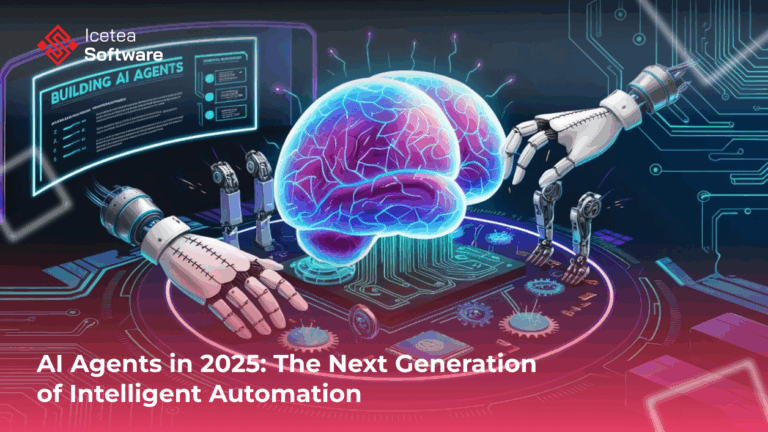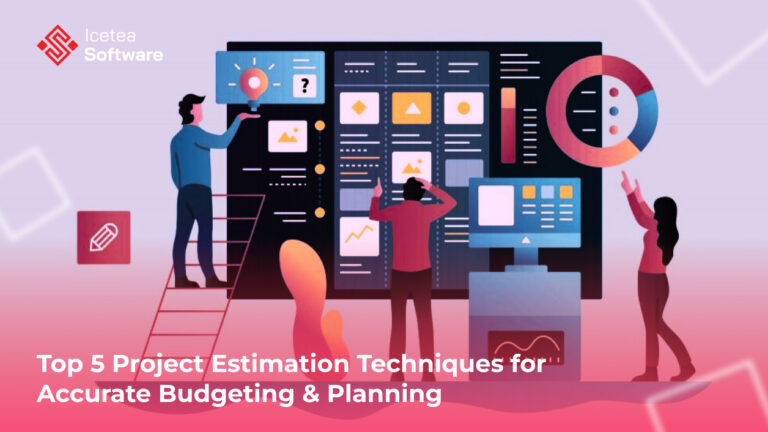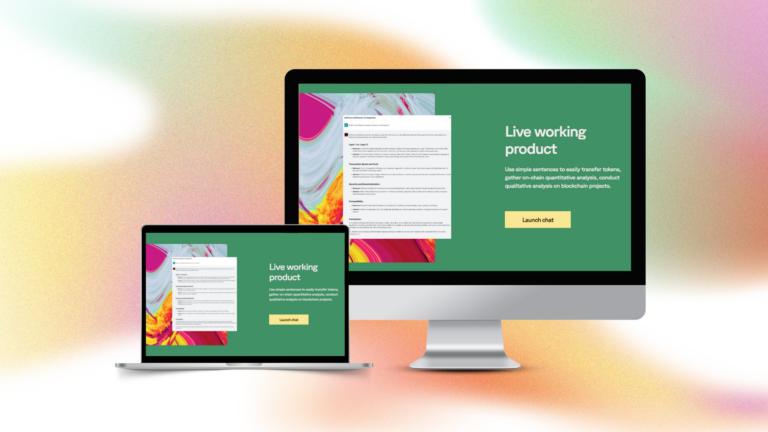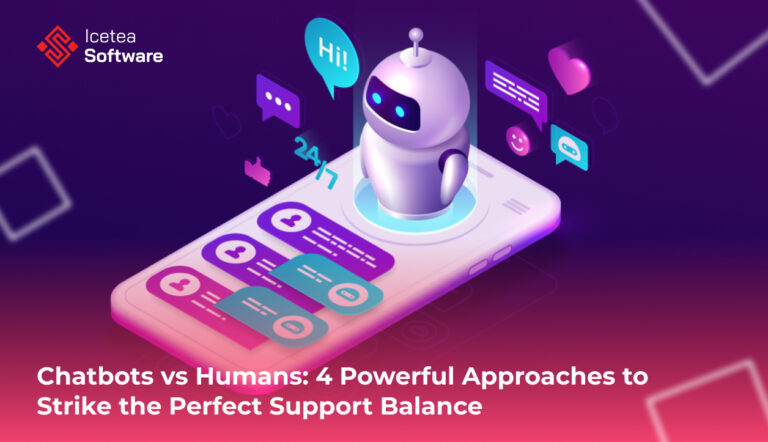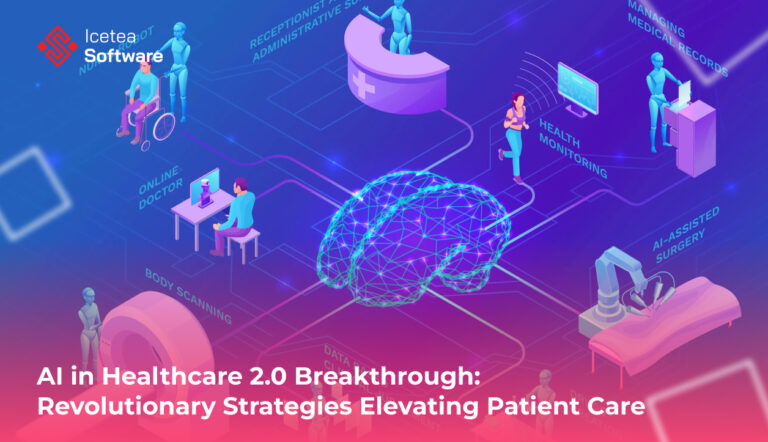AI in Healthcare: Turning Potential into Real-World Impact
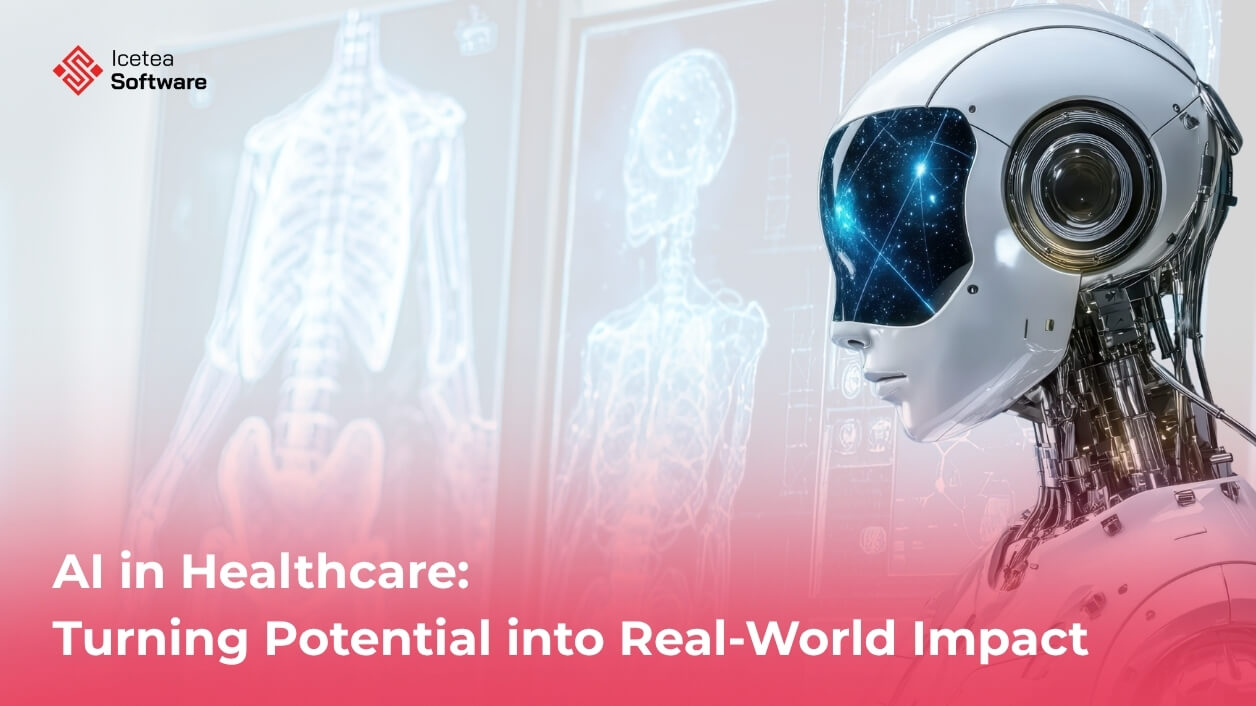
(AI in healthcare) Imagine an ordinary day at a hospital: hundreds of medical records, thousands of medical images generated, and every minute counts. Humans have limits in time and data processing, yet medical decisions must be precise. AI emerges not as magic, but as a trusted partner that helps doctors and healthcare staff process data, generate early alerts, and support decision-making.
But for AI to unlock its full potential, it must integrate seamlessly into existing systems and that is the real story of AI in healthcare.
Stepping into the AI Era of Healthcare
AI is transforming the way we care for our health every day. It’s not just about complex algorithms or technology trends, but about real collaboration between humans and technology. From small clinics to large hospitals, AI enables data-driven care, processing massive datasets, detecting subtle anomalies in medical images, and alerting staff to critical cases.

The global AI in healthcare market is growing rapidly and is projected to exceed USD 60 billion by 2030. Key applications focus on medical image analysis, electronic health record (EHR) management, clinical decision support, and personalized treatment. However, despite these promising opportunities, many hospitals are still struggling to integrate AI into their existing infrastructure. This step is crucial to transforming AI from an experimental model into a real-world solution.
(Source: AI In Healthcare Market (2025 – 2030)
AI in Healthcare: The Intelligent Assistant for Clinicians
AI in healthcare does not exist to replace humans, but to enhance their capabilities. With its powerful image analysis, AI can detect tiny lesions in X-rays, CT, or MRI scans and prioritize urgent cases for doctors to review.
Beyond diagnostics, AI helps automate clinical documentation, summarizing notes, suggesting ICD codes, and recommending prescriptions, allowing doctors to spend less time on data entry and more time on patient care. AI systems also aggregate data from multiple sources, generate early alerts, and recommend suitable treatment plans. By optimizing patient flow, reducing administrative work, and personalizing care, AI improves both operational efficiency and the overall patient experience.

Icetea Software: Turning AI into Real Solutions
Bringing AI into hospitals is far from simple. Healthcare systems are complex, data is fragmented, and each institution operates differently. On top of that, strict privacy and compliance regulations add another layer of difficulty. An AI model operating independently cannot deliver full value; it must be deeply integrated into existing systems such as PACS, EHR, and standards like HL7/FHIR.
At this stage, the role of technology and AI integration partners becomes essential. They ensure AI operates securely, reliably, and can scale when needed. This is how AI moves from being a promising concept to becoming a practical and impactful solution for doctors and hospitals.
Icetea Software: Turning AI into Real Solutions
At Icetea Software, we help healthcare organizations integrate AI into their existing infrastructure smoothly and reliably. Our team designs data pipelines, APIs, and dashboards that meet medical standards while ensuring data safety, security, and full compliance with healthcare regulations.
Icetea Software connects third-party AI models with PACS, EHR, and hospital management systems from proof of concept (MVP) to large-scale deployment. We also provide continuous support for operation, monitoring, and performance optimization. With our help, AI becomes a dependable assistant that enhances clinical efficiency and improves patient outcomes.
When AI and Humans Work Together
AI brings tremendous promise to healthcare, but its true value only emerges when implemented properly in real-world settings. When AI and humans collaborate, the healthcare industry not only maximizes the potential of technology but also elevates the quality of care, creating better experiences for both patients and medical professionals.
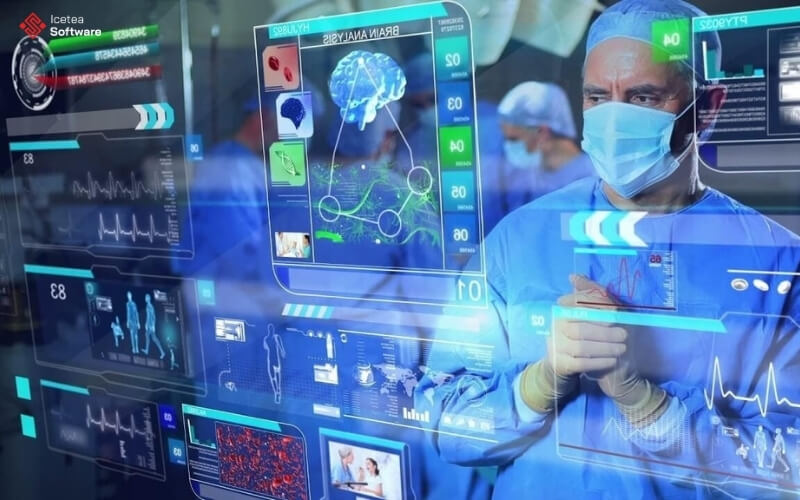
Icetea Software acts as the bridge that transforms AI’s potential into tangible value, enabling smarter, more accurate, and sustainable healthcare operations.
Conclusion
AI in healthcare opens up unprecedented opportunities from image analysis and record management to early detection and personalized treatment. But real impact only comes when AI is seamlessly integrated into hospital workflows and existing systems. Icetea Software serves as a trusted partner, helping turn AI’s potential into secure, stable, and efficient solutions that empower healthcare teams and enhance patient experience.
We accompany our clients every step of the way, from pilot projects to full-scale implementation, ensuring AI delivers real value in healthcare.
Contact us to explore how AI in Healthcare can elevate your healthcare operations.
𝗜𝗰𝗲𝘁𝗲𝗮 𝗦𝗼𝗳𝘁𝘄𝗮𝗿𝗲 – Revolutionize Your Tech Journey!
Website: iceteasoftware.com
LinkedIn: linkedin.com/company/iceteasoftware
Facebook: Icetea Software
X: x.com/Icetea_software


